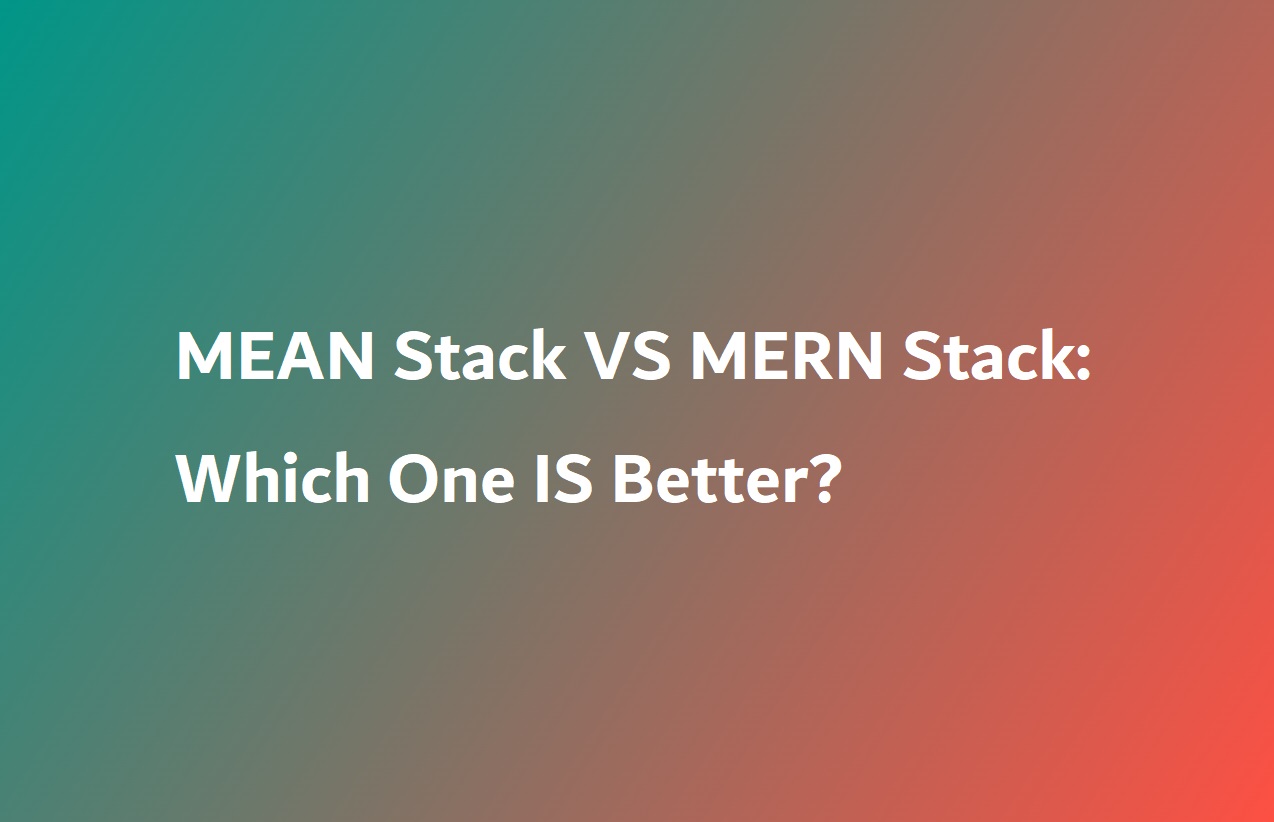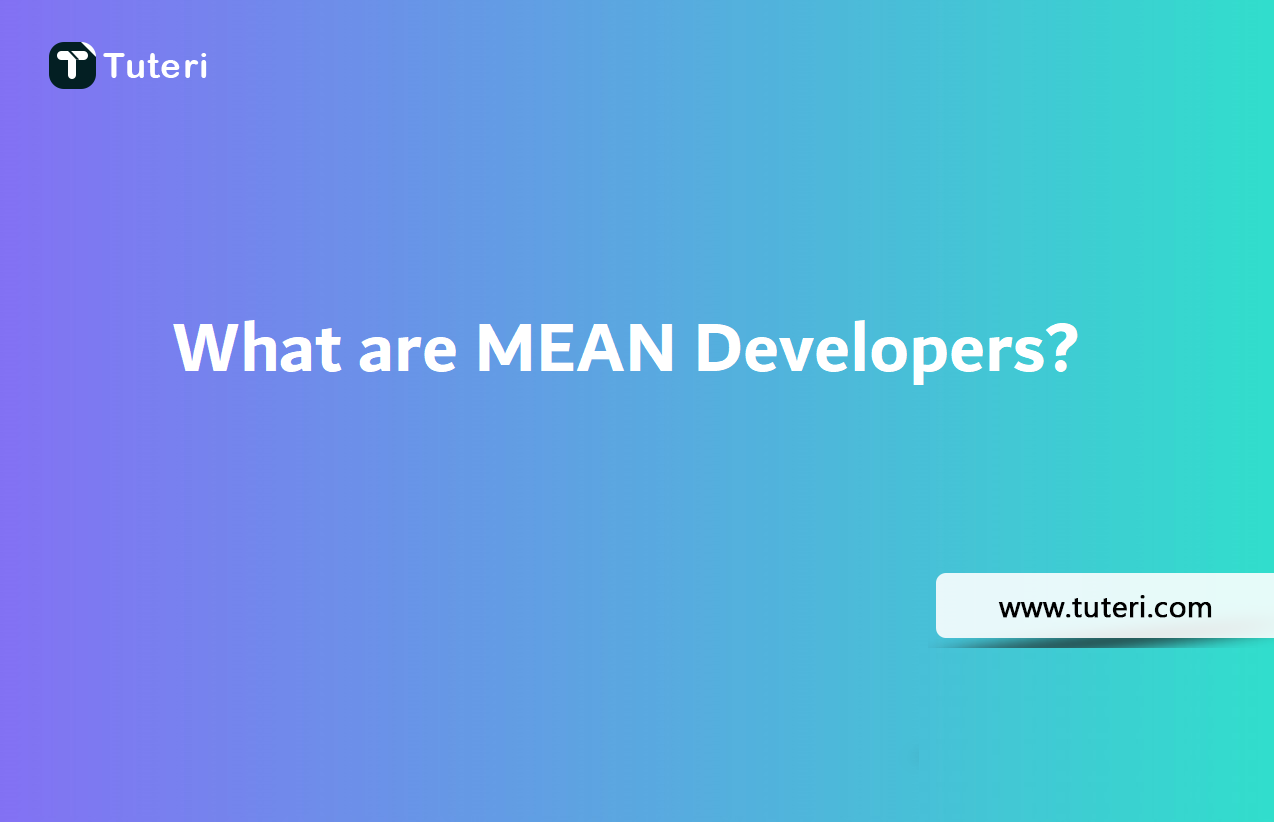About Java
Java programming language was originally developed by Sun Microsystems which was initiated by James Gosling and released in 1995 as core component of Sun Microsystems' Java platform.
Java is −
-
Object Oriented − In Java, everything is an Object. Java can be easily extended since it is based on the Object model.
-
Platform Independent − Unlike many other programming languages including C and C++, when Java is compiled, it is not compiled into platform specific machine, rather into platform independent byte code. This byte code is distributed over the web and interpreted by the Virtual Machine (JVM) on whichever platform it is being run on.
-
Simple − Java is designed to be easy to learn. If you understand the basic concept of OOP Java, it would be easy to master.
-
Secure − With Java's secure feature it enables to develop virus-free, tamper-free systems. Authentication techniques are based on public-key encryption.
-
Architecture-neutral − Java compiler generates an architecture-neutral object file format, which makes the compiled code executable on many processors, with the presence of Java runtime system.
-
Portable − Being architecture-neutral and having no implementation dependent aspects of the specification makes Java portable. Compiler in Java is written in ANSI C with a clean portability boundary, which is a POSIX subset.
-
Robust − Java makes an effort to eliminate error prone situations by emphasizing mainly on compile time error checking and runtime checking.
-
Multithreaded − With Java's multithreaded feature it is possible to write programs that can perform many tasks simultaneously. This design feature allows the developers to construct interactive applications that can run smoothly.
-
Interpreted − Java byte code is translated on the fly to native machine instructions and is not stored anywhere. The development process is more rapid and analytical since the linking is an incremental and light-weight process.
-
High Performance − With the use of Just-In-Time compilers, Java enables high performance.
-
Distributed − Java is designed for the distributed environment of the internet.
-
Dynamic − Java is considered to be more dynamic than C or C++ since it is designed to adapt to an evolving environment. Java programs can carry extensive amount of run-time information that can be used to verify and resolve accesses to objects on run-time.
Find your answer on Java
Java is a high-level object-oriented programming language used for developing games, device systems, and applications. It is secure, fast, reliable, portable and platform independent.
An object is understood as a collection of methods and classes which represent its state and executes operations. A class is used to define new types of data which in turn is used to create objects.
Loops are used to repeatedly execute a certain statement or block of statements. They are of three types- For Loops, While Loops and Do While Loops.
You may like these blogs
-

Android Architecture Components
Android Architecture Components is a collection of libraries...
View Details -

Advanced Android Development
Building exceptional Android apps requires more than just...
View Details -

Learn How to Get Started with Android App Development
Android development is the process of creating applications...
View Details -

Learn How to Get Started with iOS App Development
iOS development is the process of creating applications for...
View Details -

-

FAQs of Java
Type of Jobs in Java
Institute Related to Java
Select your Institute as per your requirements
Tutors Related to Java
Select your Tutors as per your requirements


